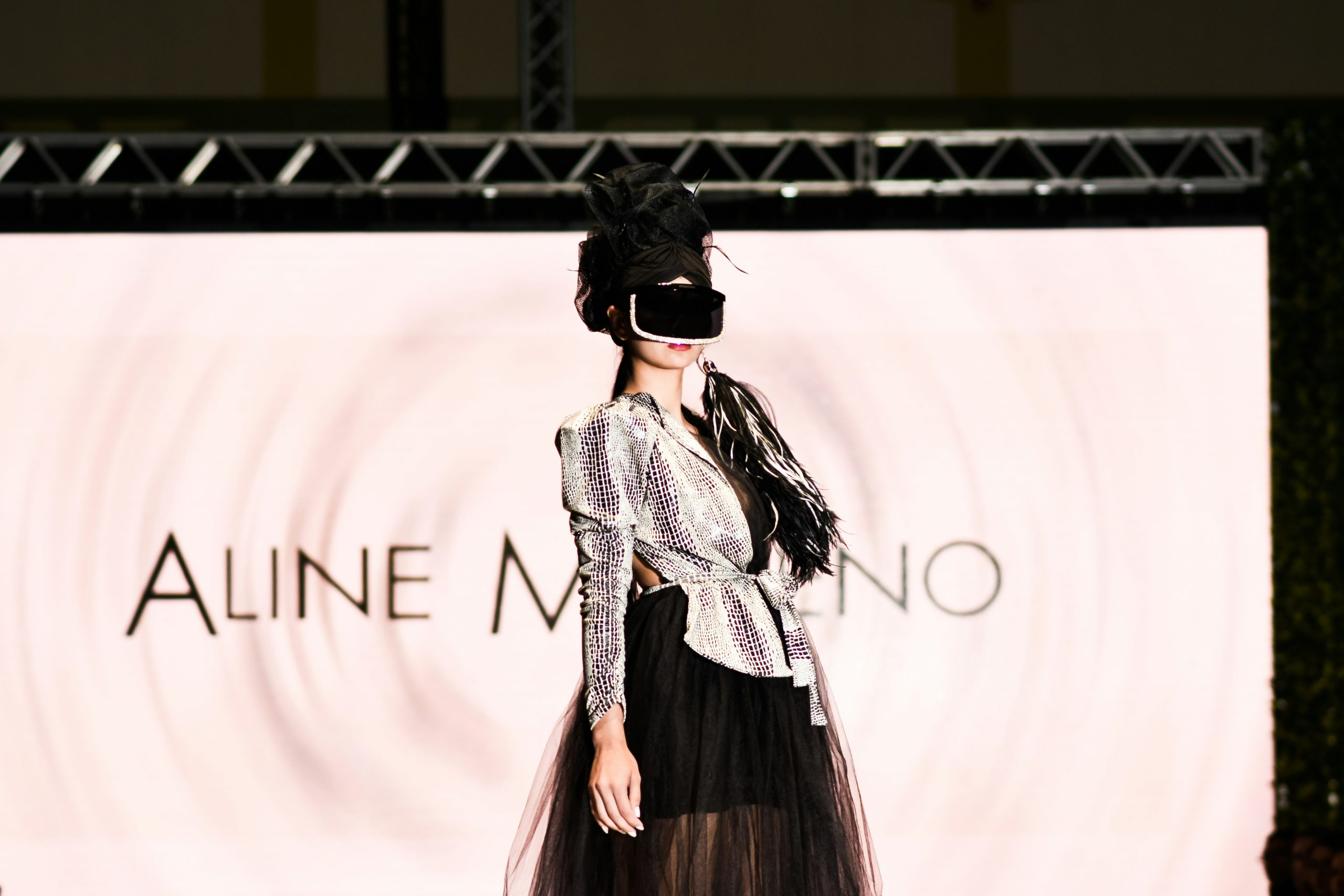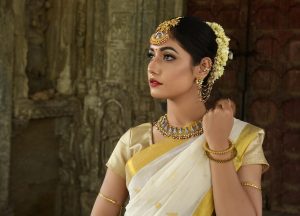Redefining Luxury: The Rise of Sustainable Couture
When one thinks of luxury fashion, images of opulent materials, extravagant designs, and high society events may come to mind. However, in recent years, there has been a shift in the definition of luxury. With the growing awareness of environmental and social issues, there has been a rise in the demand for sustainable and ethical practices in the fashion industry. This has given way to the emergence of sustainable couture as a new form of luxury fashion. In this article, we will explore the concept of sustainable couture and the factors driving its rise in the fashion world.
The Evolution of Luxury Fashion
The idea of luxury fashion has evolved over the years, with sustainability now being a key factor in determining what is considered truly luxurious. In the past, luxury fashion was solely defined by the price and exclusivity of the products. However, in today’s society, the definition of luxury has expanded to include considerations such as the materials used, the production process, and the impact on the environment and society.
The Rise of Fast Fashion
The rise of fast fashion in the early 2000s had a major impact on the fashion industry. With its low prices and constantly changing collections, fast fashion became the go-to for many consumers. However, this model was built on unsustainable practices, including the use of cheap labor and environmentally harmful production processes. As a result, the industry experienced a rapid decline in the quality and longevity of clothing, leading to a throwaway culture and significant environmental damage.
The Concept of Sustainable Couture
Sustainable couture is a term used to describe luxury fashion that is produced in an ethical and environmentally friendly manner. It goes beyond the mere aesthetics and exclusivity of traditional luxury fashion and prioritizes the use of sustainable materials, fair labor practices, and responsible production methods. Sustainable couture aims to create long-lasting products that have a positive impact on the environment and society, while also maintaining the high quality and prestige associated with luxury fashion.
The Role of Sustainable Materials
One of the key components of sustainable couture is the use of eco-friendly materials. This includes organic, recycled, and upcycled materials that minimize the environmental impact of the fashion industry. For example, brands like Stella McCartney and Mara Hoffman use sustainable materials such as organic cotton, Tencel, and Econyl in their collections. These materials not only have a lower environmental footprint, but they also promote sustainable farming and empower local communities.
Responsible Production Practices
In addition to materials, sustainable couture also prioritizes responsible production practices. This includes fair labor practices, safe working conditions, and reducing waste and carbon emissions. Brands like Reformation and Patagonia have taken initiatives to create a sustainable and ethical supply chain, ensuring that their products are not only environmentally friendly but also socially responsible.
The Influence of Ethical and Social Values
The rise of sustainable couture can also be attributed to the increasing importance of ethical and social values in the fashion industry. Consumers are becoming more conscious of the impact their purchases have on the environment and society, and are demanding transparency and accountability from fashion brands. This has led to a shift in consumer behavior, with more people choosing to support sustainable and ethical fashion brands over traditional luxury brands.
The Impact on the Future of Luxury Fashion
As sustainable couture continues to gain prominence, there is a growing realization that traditional luxury fashion cannot sustain its current practices. The fashion industry must evolve and adapt to meet the demands of a more environmentally and socially conscious consumer base. This has led to collaborations between luxury brands and sustainable fashion designers, as well as the emergence of new luxury fashion brands that prioritize sustainability and ethical practices.
Conclusion
The rise of sustainable couture is redefining the concept of luxury fashion. With a focus on sustainability, ethical production, and societal impact, it is paving the way for a more responsible and conscious fashion industry. As consumers become more aware and demanding of sustainable and ethical practices, it is clear that the future of luxury fashion will continue to be shaped by the principles of sustainability and social responsibility.










